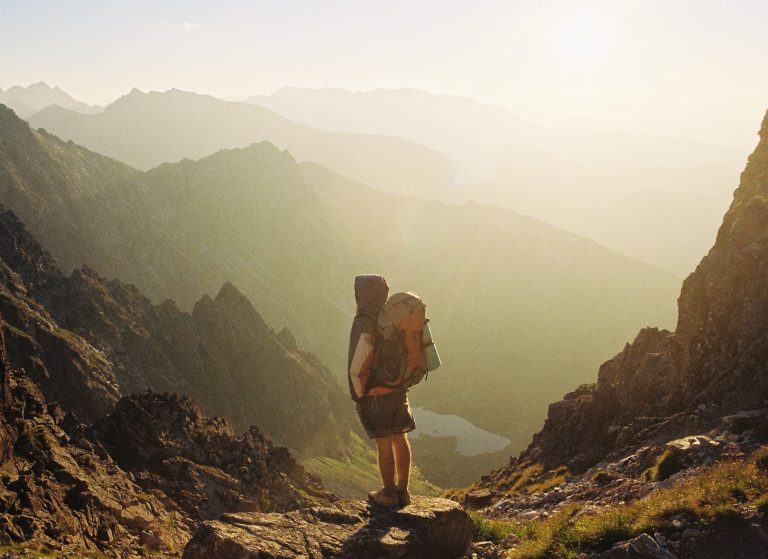* Terms and Conditions apply.

Questions of resilience – what it is, where it comes from, why some have more than others, and whether there is less of it around – seem to be increasingly prevalent. While we need to be careful that we don’t make the age-old mistake of assuming “our generation had it tougher and this one has it easy”, or of failing to recognise that perhaps a constant characteristic is manifest differently in response to changing times, we might also take note of the old adage “no smoke without fire”.An article, while anecdotal, in respected journal Psychology Today illustrates the issue specific to education.
I have my own tale to add here – again admittedly a study of one. On a school camp a couple of years ago in China, a colleague observed a boy of 11 recklessly riding a bicycle until he inevitably fell off. The fall was not serious but the reaction was hysterical. It turned out the boy had only ever “ridden” bikes in computer games and had never associated falling off with pain.
It is stories like this that have led to increasing numbers of studies and queries around the issue of resilience and how we can develop it. The University of Mainz has set up an entire department although study of resilience has a history of at least 30 years. At the end of the day, we can generally agree that resilience is a good thing. A trait that speaks to the heart of our purpose. Even an atheist would agree that survival is a core purpose for humanity.
The current consensus says that resilience is born out of a combination of three key factors: psychological fortitude, societal welfare provision, and social networks. An excellent Guardian article addresses the key points quite eloquently I think. While we have little control over what the society we live in can do for us [or stop doing to us], we still have a certain amount of choice. The current refugee crisis shows us what happens when society breaks down. An interesting question would be who has more resilience? The refugee who decides to escape, or the remainer who decides to bear it out? Questions like this show us how complex resilience is. There may be no clear cut answers.
We can probably claim to have greater control over our social network and psychological fortitude, but again not 100% and the level varies from person to person. There are probably feedback loops here – greater fortitude may help people build and maintain better social networks and thus strengthen their fortitude, and vice versa. But can we develop these traits? Are they trainable? To a certain extent I believe so, and one of the areas we can see this is in the way that people who are trained to deal with highly stressful jobs, such as paramedics, are resilient. Here, the gradual exposure to increasingly stressful situations within the framework of having been assured you have the tools to deal with the risk and stress, can hep the individual to cope through what may be years of exposure to trauma. Yes, not everyone copes. Not everyone follows their training properly. Sometimes people slip through who should not be there. Mistakes happen. But generally you find paramedics to be a very resilient bunch.
I believe resilience is something that can be developed and should be from an early age and like all skills should be developed consistently to ensure it is not “lost”. An excellent place to do this is in the outdoors in managed experiential learning programmes which include thoughtful planning, supervised execution and interactive reflection. Resilience, like many other life skills, belongs on the curriculum.
In 2017, ITS Education Asia is launching the Certificate in Experiential Learning with Tai Poutini Polytechnic. With 2 months online and 6 month residential, it embraces experiences relevant to learning, including resilience, in the 21stcentury.